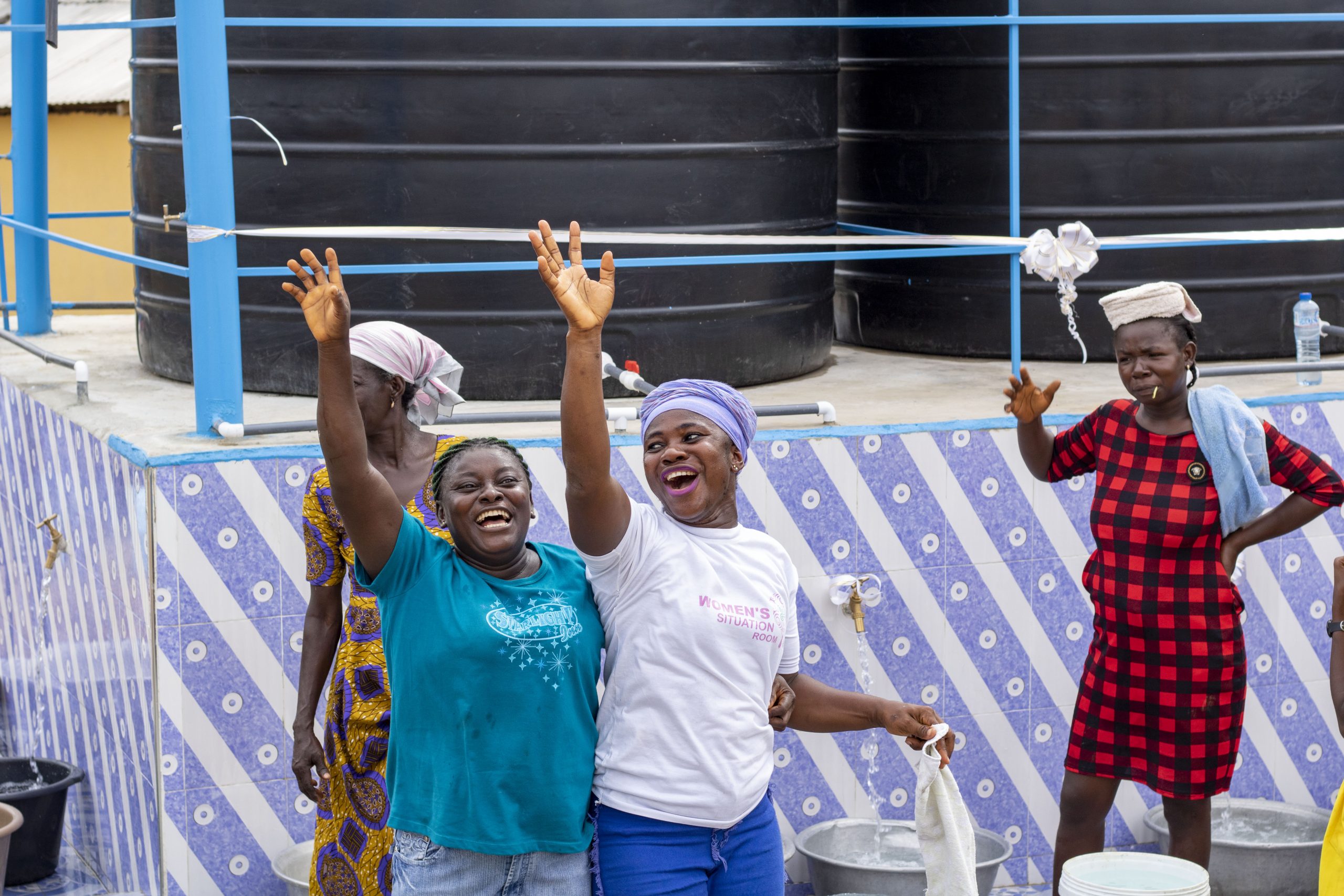 Young Visionary Leaders Ghana(YVLG)
Young Visionary Leaders Ghana(YVLG)
Empowering Change, Transforming Lives...
 Young Visionary Leaders Ghana(YVLG)
Young Visionary Leaders Ghana(YVLG)

Lorem ipsum dolor sit amet, consectetur adipiscing elit. Ut elit tellus, luctus nec ullamcorper mattis, pulvinar dapibus leo.
Clean drinking water is essential for life, health, and dignity. Taking action now to ensure access to clean water for marginalized communities in Ghana will have transformative effects. It will improve health outcomes, reduce waterborne diseases, enhance educational opportunities (as children won’t have to spend hours fetching water), and empower communities to thrive economically. By securing clean water access, we’re not only meeting a basic human need but also unlocking the potential for sustainable development and prosperity in these communities.

In this video, viewers witness the commencement and completion of the mechanized borehole construction, generously donated by Young Visionary Leaders Ghana (YVLG) and their partners, including Walking for Water, Tirstrup and LoveSpring. The palpable excitement of the local community members—children, youth, women, and elders alike—is evident as they eagerly anticipate the benefits of this essential project.
By 2030, we hope:

The primary goal of access to clean drinking water is to ensure that every individual, regardless of location or socio-economic status, has access to safe and reliable drinking water sources.
Access to clean drinking water directly contributes to improved health outcomes by reducing waterborne diseases and improving overall hygiene and sanitation practices within communities.


Access to clean drinking water is essential for sustainable development, as it empowers communities to thrive economically, enhances educational opportunities, and contributes to environmental conservation efforts by reducing reliance on polluted water sources.